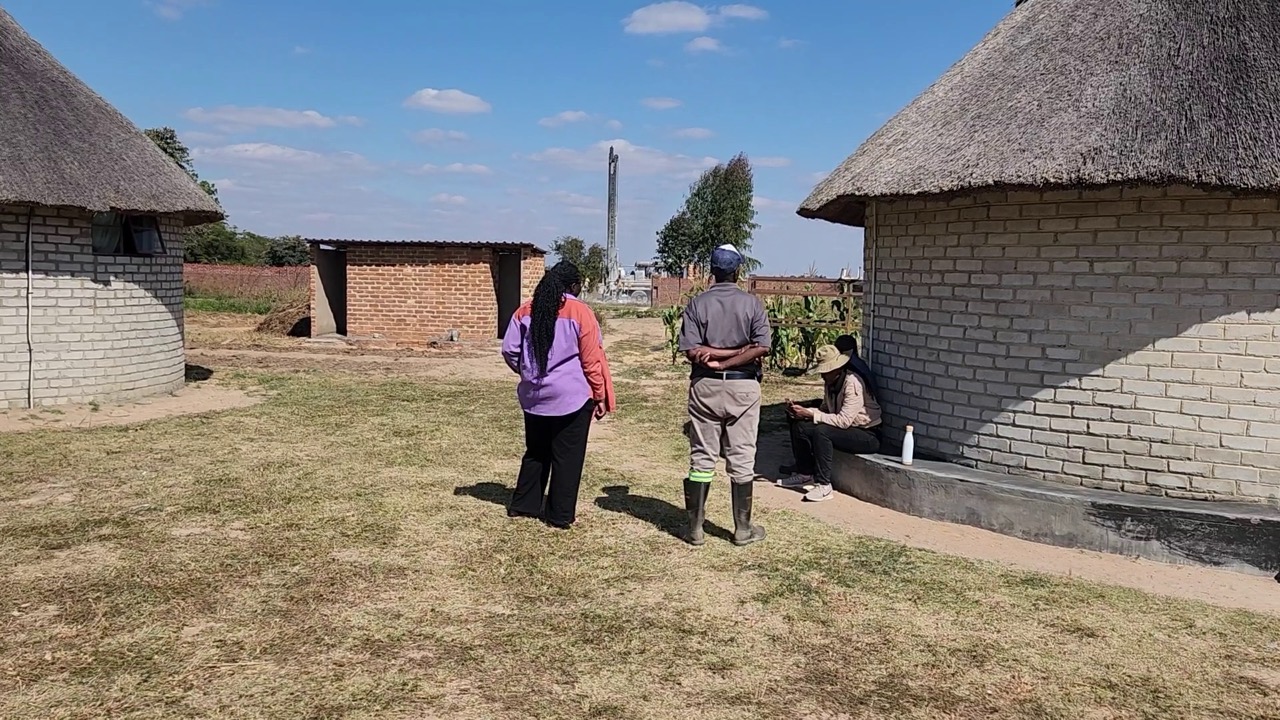At Shayanewako, the mission has always been about restoring dignity and empowering women who have experienced trauma. That empowerment, however, cannot happen in isolation from basic needs, water being chief among them. With the completion of this borehole, the center can now sustain its agricultural activities year-round. This means consistent access to water for crops and livestock, which are at the heart of Shayanewako’s vocational training and agribusiness programs.
What may seem like a simple water source is, in fact, a wellspring of opportunity. “This is part of expanding our agribusiness towards the self-sustenance of the Shelter,” explained Sylvia, the General Manager at Shayanewako. “And it can also extend to community water provision during dry seasons and times of crisis.”

But the ripple effects go far beyond the center itself.
In a region where climate change continues to intensify drought conditions, water is no longer just a resource, it’s a shield against vulnerability. The borehole is strategically positioned to provide water not only for the women and girls within the shelter but also to support surrounding communities during water-scarce seasons and emergencies.
This infrastructure now stands as both a symbol and a solution: a symbol of Shayanewako’s commitment to sustainability and a solution that addresses both food security and water scarcity in rural Zimbabwe.
For the women learning farming skills at the center, access to water means more than just irrigation. It means that their training is not hypothetical, it’s practical, productive, and future-focused. For the community, it means that even in times of environmental stress, there will be a source of clean water to depend on.
